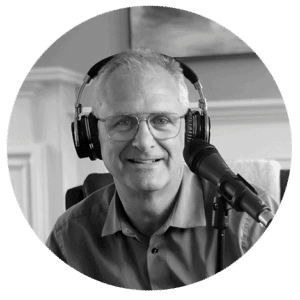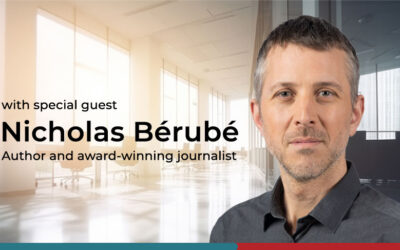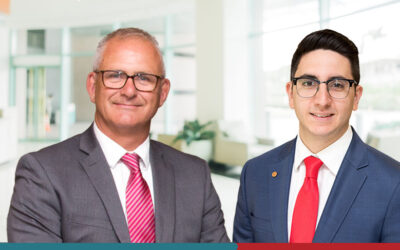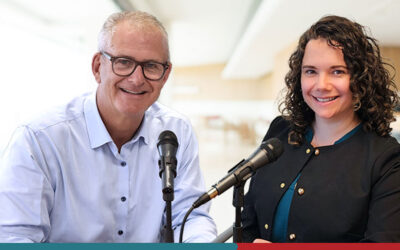Death & Taxes: What you need to know.
listen now
About This Episode
Death & Taxes is a complex topic and without proper financial planning, death can result in a heavy tax burden for the family left behind.
Whether we want to think about it or not, every family experiences the sad situation of losing someone dear to their heart. Unfortunately, while coping with their grief, families often find themselves having to deal with a large burden brought on by the management of the estate.
As an empowered investor, proper estate planning is crucial. That starts with being aware of the common pitfalls and understanding when to seek help from professionals so you can reduce this burden as much as possible. To help us navigate the topic of death and taxes, I’m joined by my colleague, Hugh Campbell.
Hugh Campbell is a Partner at Tulett, Matthews & Associates and is responsible for legal, accounting, and other administrative functions of the firm. Hugh is a Chartered Accountant and is also responsible for overseeing the tax preparation services offered to the clients of the firm.
In this episode, Ruben and Hugh talk about the role of the executor of the estate, why it’s important to work with legal and financial professionals for estate planning, the implications of not having a proper will, how different types of investments are treated after death, why the winding up of an estate takes so long, and so much more!
Thank you for listening!
Key Topics:
- The most important thing you should do to plan for death (2:45)
- Why the executor/liquidator is so important (4:49)
- The honor and burden of the executor (5:56)
- Why it’s a long process to wind up an estate (7:35)
- The need for a detailed list of assets and debts (8:09)
- Thinking about estate tax (10:23)
- What you need to know about probate (11:22)
- How retirement accounts are taxed at death (13:55)
- The connection between estate planning and your tax burden (16:07)
- Tax considerations for TFSAs held at the time of death (17:06)
- The importance of paperwork (18:59)
- Maximizing how much your beneficiaries receive from your estate (21:04)
- What to consider if you own shares in a private corporation (23:58)
- Complications that arise around partnerships (25:07)
- Tax filing requirements after death (26:16)
- An executor’s final responsibility (29:13)
- How financial and legal professionals can help (31:54)
- Hugh’s key takeaway for Canadians (32:49)
- And much more!
Thanks for Listening!
Be sure to subscribe on Apple, Google, Spotify, or wherever you get your podcasts. And feel free to drop us a line at lawrence@tma-invest.com or 514-695-0096 ext.112
Follow Tulett, Matthews & Associates on social media on LinkedIn, Facebook, and more!
Follow The Empowered Investor on Facebook, LinkedIn, and Instagram
Dive Deeper: Related Episodes
Personal Finance with La Presse’s Acclaimed Nicolas Bérubé
Discover powerful personal finance tips with journalist Nicolas Bérubé as he shares proven strategies on mindful spending, gratitude, and wealth-building to help secure your financial future.
Market Volatility and Trump’s Tariff Wars
Discover how Trump’s tariff policies triggered market volatility and what it means for investors. Learn strategies to confidently navigate uncertain markets and economic turmoil.
Essential Tax Tips to Complete your 2024 Tax Returns
Maximize your 2024 tax return with expert insights on key deadlines, deductions, and tax-saving strategies. Stay informed and keep more of your money—tune in now!
Stay on top of your financial education
Subcribe and follow to get updates on important wealth management topics.

Connect
Visit Us
3535 St-Charles Blvd.
Suite 703
Kirkland, Quebec
H9H 5B9
Connect





